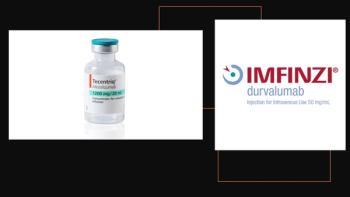
After accelerated approval, both drugs fall short of overall survival endpoint. They will stay on the market for other indications.

After accelerated approval, both drugs fall short of overall survival endpoint. They will stay on the market for other indications.

The U.S. Preventative Services Task Force recently released an updated recommendation addressing lung cancer screening criteria at a sooner rate starting at 50-years-old rather than 55. The task force says this expansion will be especially helpful to those who face disparities to screening. Although, it won’t cover all disparities.

Population-level study of Medicare beneficiaries shows marked improvement in survival statistics but also an 8.6% jump in Medicare spending.

New drug may be a treatment option for people with the sixth most common type of cancer.

Companies could be hit with a double peak of claims for COVID-19 patients and care that people put off because of the pandemic.

The short answer is yes. Automation and data insights can help get COVID-19 vaccines into people’s arms faster. A fragmented healthcare system in the U.S. makes scaling up any system difficult.

Briana Contreras, associate editor of MHE, spoke with Sheila Talton, founder and CEO of Gray Matter Analytics, in this week's episode of Tuning In to the C-Suite podcast. In the discussion, Sheila addressed the topic of how healthcare organizations are missing out by not actively expanding their efforts to seek out and fast track talented individuals across many minority populations, especially in the c-suite.

Patient centricity and physician leadership were among the keys of success of a program that increased the proportion of same-day total hip and knee replacement from 7.2% to 62% in a span of three years.

Kristin Ficery, who leads Accenture’s North America Health, discusses recent Accenture research that discovered since the onset of COVID-19, 60% of patients want to use technology more for their healthcare. And nine out of 10 patients said quality of care was “as good or better” than before COVID-19.

Federal assistance programs and telehealth have helped, but they haven’t made up for the shortfall from lack of services.

The still-experimental oral antiviral drug has been compared to Tamiflu but would be for COVID-19 not the flu.

In a short address, Broussard also discussed Humana's success in the Medicare Advantage program and expanding access to healthcare.
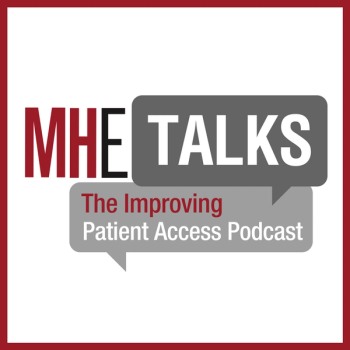
Thomas P. Leist, MD, PhD, a neurologist and professor of Multiple Sclerosis at Jefferson University Hospitals, is the latest guest featured on MHE Talks: Improving Patient Access podcast. In this episode, Thomas spoke with Peter Wehrwein, senior editor of Managed Healthcare Executive, about accessing care amongst patients with MS through therapies, health insurance barriers, options of step therapy and more.

The decision by Roche comes shortly after AstraZeneca withdrew the bladder cancer indication for durvalumab (Imfinzi).
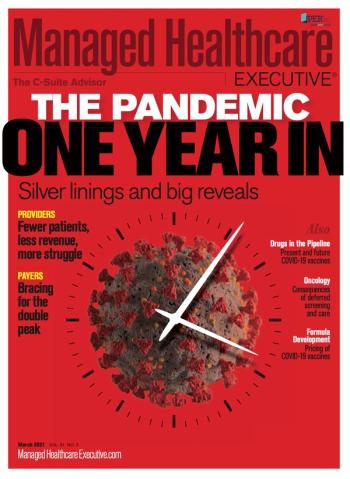
Healthcare has successfully pivoted and collaborated. But COVID-19 also has spotlighted flaws in how hospitals are financed and the weakness of the public health infrastructure.

Market research firm sees growth in sales for injectable therapies developed with an eye toward improving adherence. Sales in pre-exposure prophylaxis are also projected to increase.

Valued-based care helped some providers weather the pandemic. The seven-course "specialization" on Coursera will help providers, others understand how value-based care works.

The rapid implementation of telehealth viewed favorably by providers involved in HIV care yet there are conflicting results on how well it facilitates patient retention.

Will emerging variants make the leading vaccines less protective?
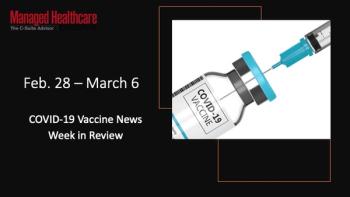
Hesitancy seems to be waning, Merck extends helping hand to J&J, US bishops say J&J is "morally acceptable," and Biden promises large enough supply for all adults by May

Nursing homes see an 82% drop - the lowest amount of new COVID-19 cases since CMS started tracking in May 2020.

Study in Colorado maps correlations between social risk factors and emergency department use, including the "superutilizers."

Aetna got out of the ACA marketplace business in 2018. Now CVS Health, which completed its acquisition of the insurance company in late 2018, is hopping back in and will brand the policies as a “CVS Health-Aetna” product for the first time.
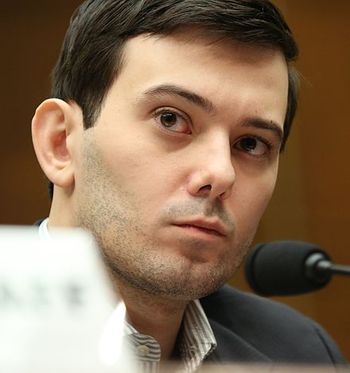
Blue Cross and Blue Shield of Minnesota say tha

Taming U.S. healthcare spending is a huge, daunting task that has met with little success. But some Yale professors are proposing to take a bite-sized approach as a way to change that.

The Trump administration didn’t get very far with healthcare reform; the ACA was neither repealed nor replaced. But former CMS Administrator Seema Verma made a run at revamping Medicaid by using Section 1115 waivers to add working requirements. Now the Biden administration is taking steps to stop the requirements before they get started.

Briana Contreras, associate editor of MHE, spoke with Robin Fiorelli, senior director of bereavement and volunteers at VITAS Healthcare, for this week's episode of Tuning In to the C-Suite. Robin and Briana talked about the grief that has affected millions of Americans and millions more throughout the world due to losing loved ones to COVID-19. They also discussed the implications of grief, strategies for coping and efforts underway to help the healthcare industry and consumers train and prepare for a suspected wave of grief that’s to come.

The number of aging Americans 65 years and older is projected to nearly double over the next 40 years, reaching 80 million in 2040. As the U.S. population ages, so too does the prevalence of medically complex patients with conditions that require ongoing medical attention, limit activities of daily living or both.

Collaboration between health plans and providers leads to better quality, an improved experience and lower costs.

Application was submitted for both the 81 and 325 mg doses of the liquid-filled capsule formulation of aspirin.